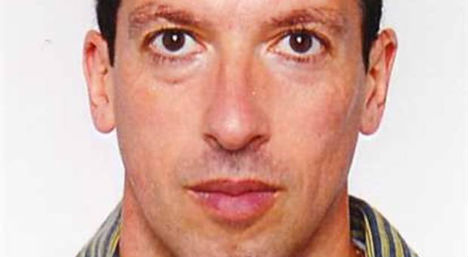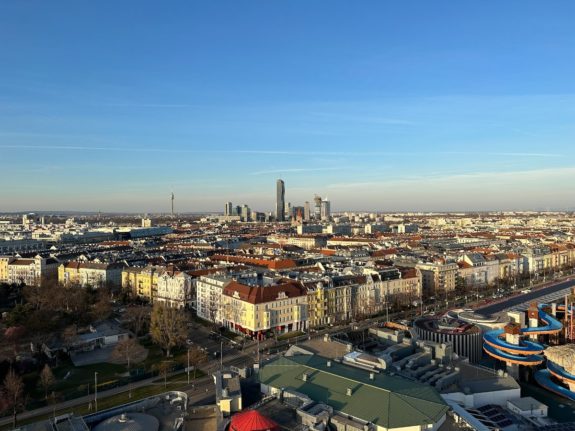The lawyer of Amyn Radwan Gindia says his client's shoot-out with policemen in 2014 had been an attempt at “Suicide by Cop”, in which he hoped he would be shot dead by the return fire.
Gindia had already served time for a double murder of a Turkish weapons seller in 1987 and a Gendarmerie military police officer in 1989, which he was convicted for in March 1992.
The 48-year-old was released in November 2014 after serving his sentence but was back in custody three months later after a failed attempt to rob a shopping centre in Vienna.
In the shoot-out that followed, he shot at a policeman but missed, despite being stood three metres away. His lawyer argued that Gindia – who was an excellent marksman – missed the shot deliberately.
It is thought that he was worried he would be sent back to prison and preferred to die than live out the rest of his life behind bars.
However he was arrested after receiving minor injuries in return fire and had been due in court on Monday to face charges of attempted murder.
Officials said he was kept in solitary confinement in Josefstadt Prison in Vienna by his own request.
“He was cared for by a psychologist, there was no recognisable danger,” said the prison spokeswoman Helene Pigl, who argued that the privacy of prisoners had to be respected.
An autopsy is being carried out to confirm the cause of death.



 Please whitelist us to continue reading.
Please whitelist us to continue reading.